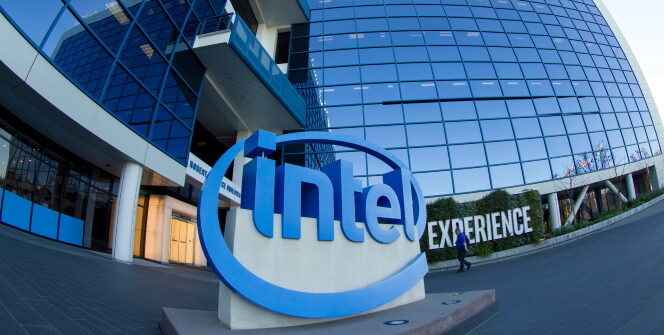TECH NEWS – A class-action lawsuit could be filed against Intel in the US, and the company has taken action, but the response is unlikely to convince anyone…
We’ve already reported several times on how unstable Intel’s 14th and 13th generation processors can be due to manufacturing defects. This was followed by the law firm Abington Cole + Ellery (which specializes in class actions and intellectual property), and their post also briefly explains the story regarding the 65W processors. If a case is brought against them, Intel will have to pay compensation to affected consumers if such a ruling is made. One lawyer on Reddit wrote that Intel is not very willing to provide replacement products to all customers, but others wrote that all they have to do is send a photo of the affected processor to get a new one instead. If Intel persists, it will be a long process as there could be millions of affected chips…
The problem has been around for more than a year, but Intel hasn’t taken it seriously, causing affected processors to crash when running games and programs, and there have been examples of developers switching to AMD-based systems, and we’ve also reported that Alderon Games gets an error message when running its games on an affected processor. Intel has promised a microcode patch in mid-August to fix the voltage problem, but it may not fix the root cause. They need to hurry or there won’t be as much interest in the next generation of Arrow Lake desktop processors. The company has responded in another way, extending the warranty on 14th- and 13th-generation processors by two years due to the lack of stability.
Intel’s official response was that it would not recall the processors and would not suspend sales. Affected customers will be able to get replacement processors, but they will have to buy a boxed product. The company has previously said that 65W+ processors are affected. Meanwhile, the Intel Core Ultra 200 Arrow Lake desktop processors could be released sometime in October. A lot could happen between now and then…
Source: WCCFTech, Abington Law, Intel
















Leave a Reply